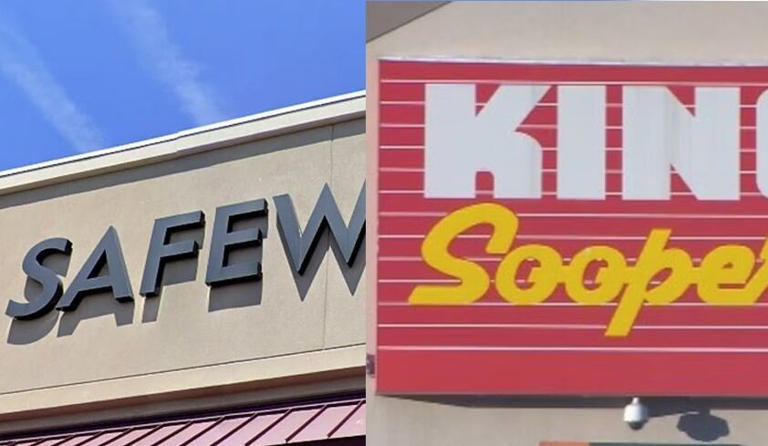A proposed merger between two of Colorado’s largest grocery chains, King Soopers and Safeway, has encountered a major obstacle. A Colorado judge has placed the merger on hold, intensifying the debate surrounding this high-stakes deal. The merger would combine the operations of these well-known grocery brands under the umbrella of their parent companies, Kroger and Albertsons. As part of the plan, local Safeway stores would be transferred to C&S Grocers, with one store being sold to Kroger.
This merger is poised to have a significant impact on the grocery landscape in Colorado and potentially across the country. It aims to create a larger entity with expanded market reach and operational efficiencies. However, it also raises critical questions about its effects on competition, consumer prices, and employment within the grocery sector.
Economic and Regulatory Concerns
Economics Professor Zach Schaller from Colorado State University has highlighted the core issues at stake. He explains that the Federal Trade Commission (FTC) and Colorado state officials are scrutinizing the merger to protect consumers and workers. The primary concern is whether the merger will lead to reduced competition, higher prices, and fewer choices for consumers. Regulatory bodies play a crucial role in ensuring that such mergers do not harm the market’s competitive balance.
Colorado Attorney General Phil Weiser has expressed his reservations about the proposed merger, citing potential risks to consumers and workers. Weiser applauded the decision to halt the merger plans until a court ruling is issued, emphasizing the protection of shoppers, employees, and suppliers. “I am pleased that Kroger and Albertsons agreed to halt their plans to merge until the court rules on the state’s lawsuit to permanently block the grocery merger,” Weiser said. He stressed that the pause ensures the merger will not adversely impact food prices and employment during significant periods such as the harvest season and the back-to-school period.
Trial and Legal Proceedings
The trial to determine the future of the merger is set to begin on September 30. The case will address whether the merger should proceed or be permanently blocked. The Attorney General’s office aims to demonstrate that the merger could stifle competition, leading to higher food prices, job losses, and reduced consumer choices. The legal proceedings will scrutinize the potential effects of the merger on both the local and national grocery markets.
In response to the legal hold, Kroger has welcomed the decision. The company views it as a necessary step that delays a preliminary injunction hearing originally scheduled for August 12. Kroger has expressed its readiness to defend the merger in court, arguing that it will deliver substantial benefits, including lower prices for consumers, increased choices, and more stable, well-paying jobs. “We look forward to defending in court how the combination of Kroger and Albertsons will provide meaningful, measurable benefits,” Kroger stated.
Community Reactions and Public Sentiment
Local reactions to the merger and its delay are mixed. Shoppers have expressed a range of opinions on the matter. Some view the legal hold as a positive development, believing it is essential to ensure job security and market stability. “I suppose it’s good to make sure people in the community are safe and will keep their jobs, but I also think change is good and new opportunities are good, so it could go either way,” said Regan Hoal, a local shopper.
Others have a more neutral stance, showing a willingness to let the process unfold as it will. “I am more of a let things happen, but I guess if there’s something crazy going on stop it,” remarked Shane Carr, another local resident. This varied response reflects the broader public sentiment, which balances the potential benefits of the merger against the need for careful oversight and protection of community interests.
Broader Implications and Future Outlook
The scrutiny surrounding the Kroger-Albertsons merger is part of a larger trend where high-profile corporate consolidations are increasingly being examined for their impact on market dynamics. This case is a prime example of how significant mergers are not only legal and business matters but also deeply intertwined with consumer welfare and employment concerns.
As the legal proceedings continue, stakeholders—including consumers, employees, and industry observers—will be keenly watching to see how the court’s decision unfolds. The outcome could have far-reaching implications for the grocery industry and set a precedent for future mergers and acquisitions. The case underscores the ongoing balance between fostering corporate growth and maintaining competitive markets that benefit consumers and workers alike.
